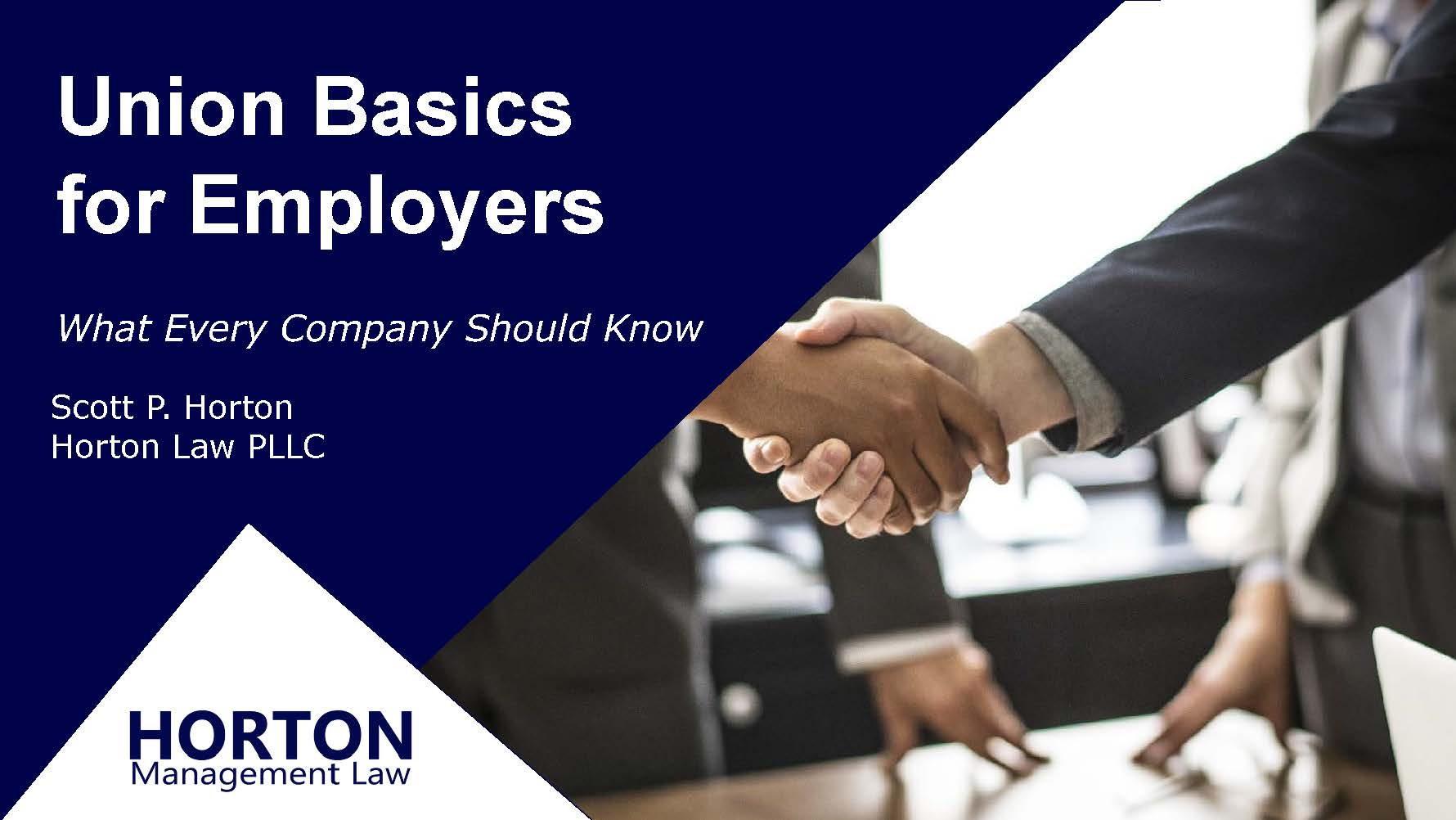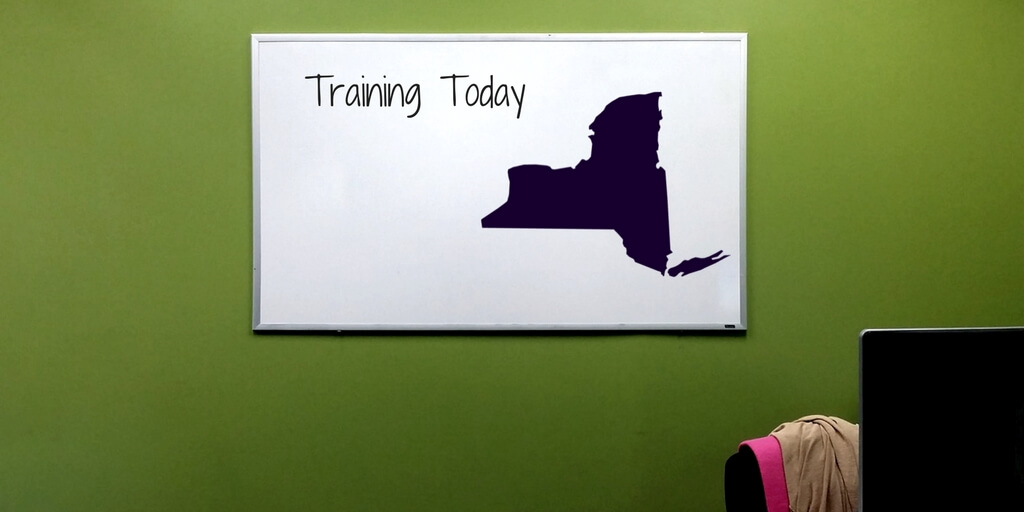Late in the night of June 19, 2019, the New York Legislature radically expanded the state’s employment discrimination laws. The legislation amends nearly every component of the New York State Human Rights Law regarding employment discrimination. Although no additional protected characteristics were added, the changes affect which employers and workers are subject to the law, the standards for proving or disproving a claim, and the penalties available to victims. Frankly, it’s hard to imagine how they could have gone further to promote discrimination claims against employers.
Note: At the time of the initial publication of this article, Governor Cuomo had not signed the new laws into effect. However, he has expressed support for the legislation and his intent to enact it.
No Worker Left Behind
For many years, the State’s employment discrimination laws only applied to employers with at least 4 employees. In 2016, this threshold dropped to 1 employee for sexual harassment claims only. Last year, the State extended the sexual harassment protections to all workers in a workplace, not just employees. This added coverage for independent contractors, vendors, consultants, etc.
With these amendments, the New York Human Rights Law will now apply to all employers of all sizes for all employment discrimination claims. This includes not only sexual harassment, but all forms of harassment based on other protected characteristics (age, race, etc.). It also includes non-harassment claims such as those alleging wrongful termination, discriminatory hiring, and failure to promote.
More “Harassment” Is Illegal
Historically, employees needed to show that workplace harassment was “severe or pervasive” to win a harassment case. This legislation expressly eliminates that requirement.
The Human Rights Law still doesn’t exactly define the term harassment. But it now sort of describes what it is:
First, to be illegal (as always) the harassment must be based on one of the numerous protected characteristics established by the law. In addition to sexual harassment, this includes harassment because of a person’s age, race, creed, national origin, sexual orientation, among others.
Second, “harassment” now becomes illegal “when it subjects an individual to inferior terms, conditions or privileges of employment because of the individual’s membership in one or more of these protected categories.” That seemingly is what employees must show to prevail on a harassment claim.
Third, the legislation states that it will not be “determinative” that the worker hadn’t previously complained about harassment.
Fourth, the amendments specifically provide that workers complaining of harassment don’t need to point to any other workers for comparison purposes to prove their claims.
Fifth, an employer can only defeat harassment claims under these amendments to New York employment discrimination law if they prove that “the harassing conduct does not rise above the level of what a reasonable victim of discrimination with the same protected characteristic would consider petty slights or trivial inconveniences.”
On the whole, these amendments undeniably and certainly intentionally institute monumental expansion of the State’s anti-harassment protections.
Punitive Damages Now Available
Unlike some similar federal statutes, the New York employment discrimination law previously did not allow victims to recover punitive damages. This is additional money beyond what the discrimination cost the victim. These damages serve to punish and deter employers from engaging in further discrimination.
Significantly, unlike most federal discrimination laws, the New York legislation does not place any cap on the amount of punitive damages that juries can award.
Pay the Lawyers Too
The attorneys of employees who win their cases under New York employment discrimination law will now have their fees paid by the employer.
If an employer wins, disproving the plaintiff’s case, they will only receive their attorneys’ fees if they convince the court that the claim was frivolous. Realistically, such awards are likely to be few and far between.
Barrier to Confidentiality
In case you might want to settle a New York employment discrimination case, you might not get a confidentiality provision. At least, you’ll have to jump through more hoops if you want to.
The biggest hurdle is that you must be able to demonstrate that the “condition of confidentiality is the complainant’s preference.”
The Legislature added this restriction last year for sexual harassment claims only. It now applies to all discrimination claims.
Among other details, the complainant must have 21 days to consider the written terms of any such confidentiality or non-disclosure provision. Then, if the complainant signs off, they still have another 7 days to change their mind.
No More Arbitration?
As the Legislature enacted last year specifically for sexual harassment cases, this year’s amendments prohibit mandatory arbitration provisions with respect to all forms of employment discrimination.
However, there’s still an open question whether federal law (and its broad protection of arbitration) invalidates the New York law on this issue.
And Those Sexual Harassment Policies . . .
Most of the amendments apply to all forms of employment discrimination. But the legislation also adds to the still new sexual harassment policy and training requirements.
Every employer will have to not only train employees annually, but also give all employees a copy of their sexual harassment policy at each annual training. And now employees must receive both the training and the policy in their primary language if the State has prepared a model policy and training program in the language.
Plus More Time to File Sexual Harassment Cases
Despite many measures expanding protections for all protected characteristics, sexual harassment claims will still get special treatment in one area. Workers will now have up to 3 years to file sexual harassment claims with the New York State Division of Human Rights. All other New York employment discrimination claims can only be filed with the state agency for 1 year. Regardless, all New York employment discrimination claims can be filed in court for up to 3 years.
What Should Employers Do?
Probably, move out of New York. Otherwise, prepare to redouble efforts to avoid any hint of harassment. New York employment discrimination litigation will definitely increase as a result of this legislation.
We’ll follow up with more commentary and insight on the potential impact once the Governor acts on the bill. To receive updates on this and other topics of importance to New York employers, sign up for our free email newsletter.


